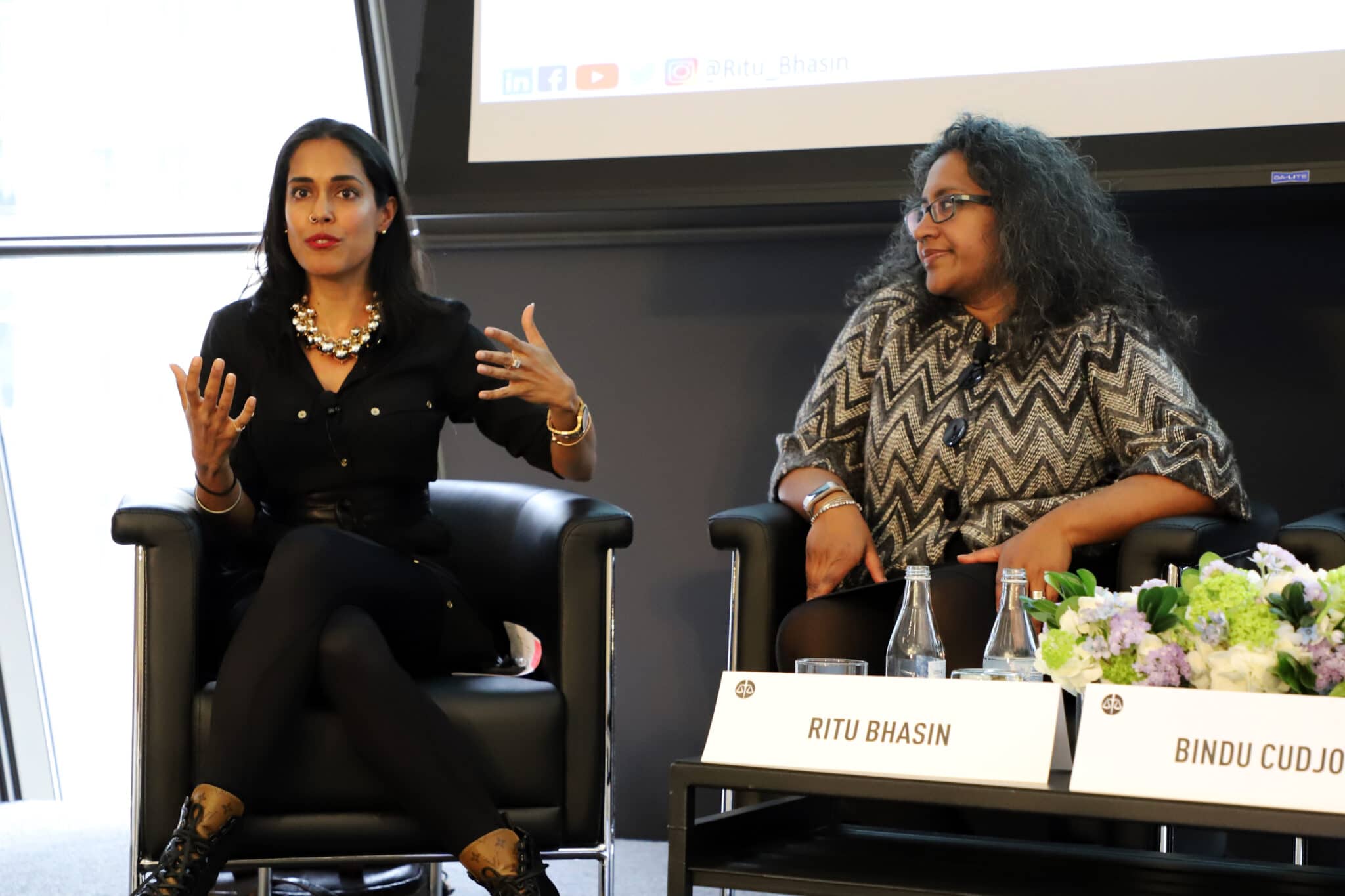
Did you know that July is BIPOC Mental Health Awareness Month?
I must admit that, until as recently as last year, I didn’t know very much about this important observance, despite teaching about racial and mental health inclusion for several years now as part of bci’s comprehensive DEI programming.
Given the much-needed spotlight on racial justice over the last two years, there has been a growing awareness around the serious lack of dialogue, resources and programming available in the workplace for addressing the specific mental health needs and challenges for those of us who identify as Black, Indigenous and People of Color (BIPOC). It’s become increasingly clear that many organizations’ existing mental health inclusion practices minimize the experiences of BIPOC professionals, rather than supporting our needs.
To give you a sense of the toll that racism and other experiences with oppression can have on BIPOC mental health, I wanted to share some eye-opening facts*. Did you know:
For me, these data points drive home the fact that even when we as BIPOC do our best to look after our mental health and wellness through therapy, mindfulness, self-care, prioritizing rest and healing and more, the structural racism and oppression that permeates our society continues to have an adverse impact on BIPOC mental health.
When considering the implications of mental health as it intersects with race, it becomes even more critical that we make BIPOC mental health inclusion a priority in our workplaces.
For organizations, this means disrupting biases around mental health, creating cultures of psychological safety, starting meaningful and inclusive conversations around mental health, and in particular, BIPOC mental health, engaging in active allyship and more. BIPOC mental health must be part of your overall mental health inclusion training if you want to truly see the benefits in your workplace culture and support your BIPOC colleagues.
If you need resources to help you get started, you can download bci’s free tip sheets here. Or you can reach out to the bci team here to learn more about bci’s range of cutting-edge mental health inclusion programming, including dedicated programming around BIPOC mental health inclusion.
*All data points are from Mental Health America, the American Psychiatric Association and the Jefferson Center for Mental Health
Sign up for bci’s mailing list to get the latest diversity, equity and inclusion insights right to your inbox every month.
Komal is bci’s Senior DEI Consultant and Mental Health Expert-in-Residence and an accomplished DEI facilitator, coach, and strategist. Komal has over 20 years of experience in providing strategic and advisory guidance and program development across a range of sectors, with a particular concentration in mental health and racial inclusion. Komal is also the founder of Insayva Inc., a social enterprise focused on providing accessible DEI and health equity support to charities and non-profit organizations.
Komal has extensive experience in creating and delivering programming in a range of leadership and DEI areas, including mental health inclusion, psychological safety, empathy, relationship repair, allyship, and cultural competence. She is passionate about driving transformational change in workplaces and has worked closely with bci clients – corporations, professional service firms, health care providers, and educational institutions – to embed cultures of inclusion within their organizations.
Komal has provided one-on-one inclusion coaching to hundreds of senior leaders and brings a unique approach that is informed by her background as a therapist. She is able to expertly handle sensitive conversations and situations and works with leaders to develop the knowledge and skills necessary to advance racial/ethnocultural, gender, and mental health-related equity across teams and organizations. Komal also offers a performance coaching program designed specifically for BIPOC leaders. This program aims to help BIPOC leaders harness their place, position, and identity to thrive in the workplace and beyond. Komal is a qualified administrator of the Intercultural Development Inventory (IDI).
As bci’s Mental Health Expert-in-Residence, Komal offers tremendous expertise around workplace mental health. As a doctoral trained mental health clinician, certified health executive, and registered social worker, Komal has assisted organizations looking to advance employee mental health inclusion and well-being through offering programming on inclusive dialogue, anti-stigma, burnout prevention, psychological safety, resilience, and self-care. Komal is committed to advancing mental health and wellness across the life course; she currently serves on the board of the Alzheimer’s Society of Ontario and previously served on the boards of Children’s Mental Health Ontario and the YMCA of Greater Toronto.
When Komal is not working, you’ll find her painting, cooking, or snuggling with her cats.